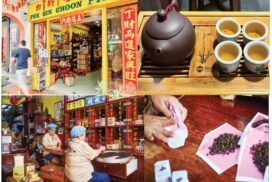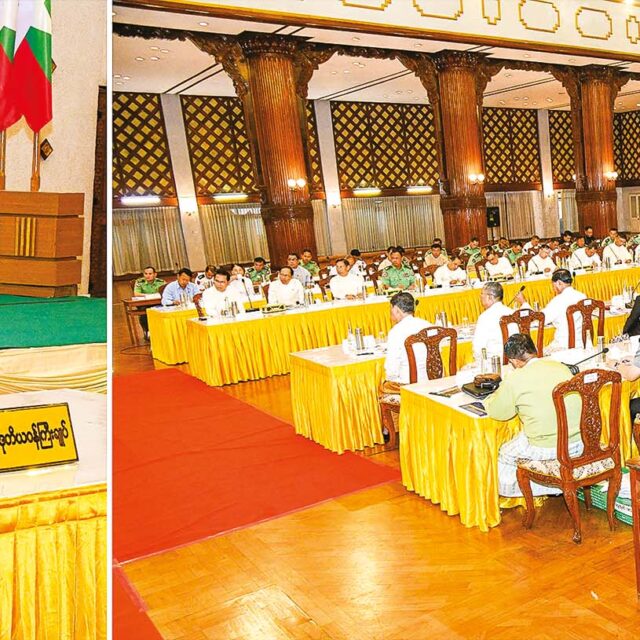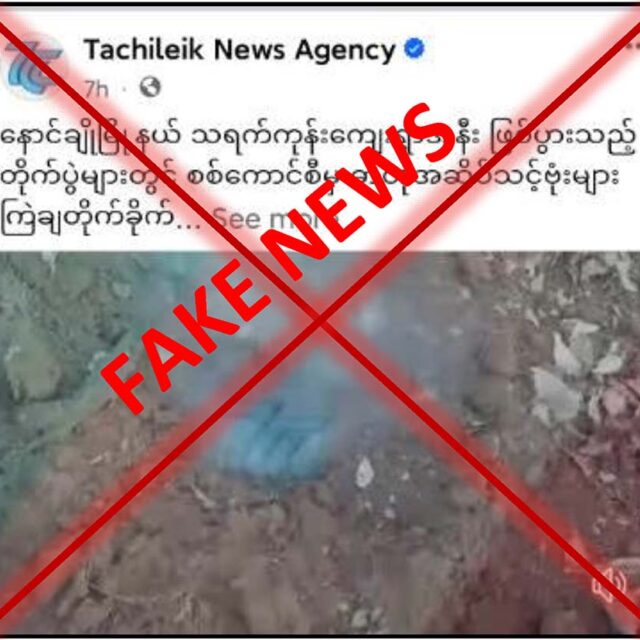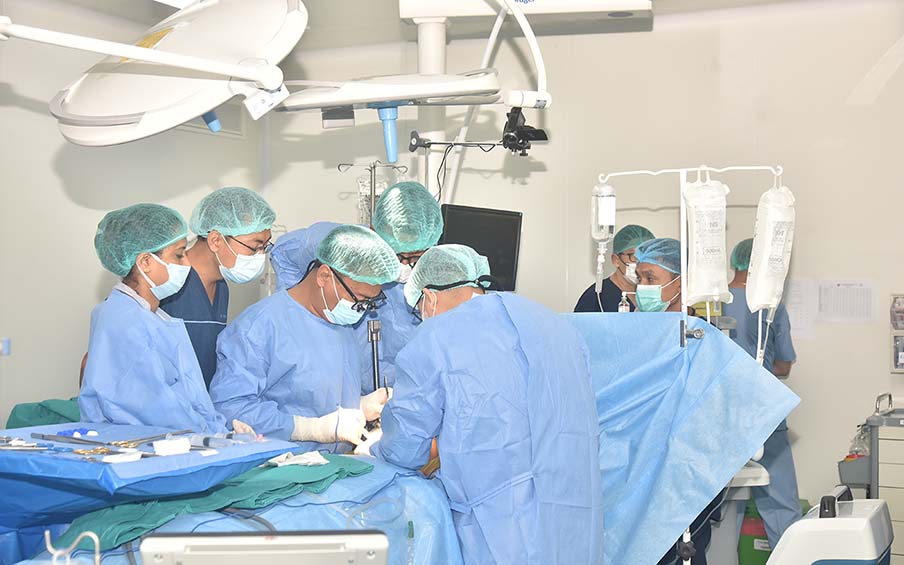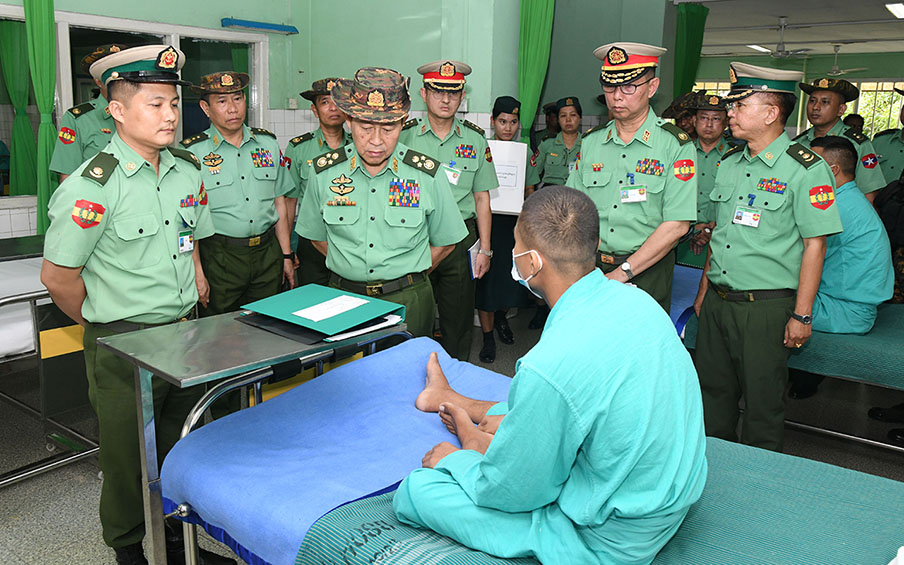In our modern world heavily reliant on the strides of medical science, a staggering 75 to 80 per cent of the global population leans toward medicines derived from herbal sources, as highlighted by the World Health Organization (WHO). This statistic underscores the imperative for nations to actively pursue optimal medicinal therapies to safeguard the well-being of their citizens.
Within this landscape of traditional remedies, the people of Myanmar have long entrusted their health to indigenous herbal-based medicines and those borne from ethnic traditions. Drawing wisdom from historical texts dating back to the era of Myanmar’s monarchs, practitioners of traditional medicine diligently assess patients’ constitutions and environmental conditions prior to prescribing treatments. This meticulous approach has borne witness to the remarkable healing capacities of potent traditional remedies. Indeed, the traditional medicines of Myanmar hold an invaluable position within society’s wellness fabric.
Yet, as a natural consequence of introducing high-quality products to the market, there often emerges a surge of imitative counterparts. Regrettably, certain unscrupulous individuals have capitalized on this phenomenon to create and distribute counterfeit traditional medicines. Blending elements of both traditional and Western medicines, these inauthentic products are peddled to unsuspecting consumers. The average person lacks the expertise to distinguish genuine remedies from their fraudulent counterparts, leaving them susceptible to harm. Deceptively disguised Western medicines are being passed off as authentic traditional remedies, exploiting the populace’s limited knowledge about health matters.
Recognizing the urgency of the situation, the Department of Traditional Medicine, operating under the Ministry of Health, recently released a statement cautioning against the use of traditional medicines sold through online platforms, such as Facebook pages. These products lacked the necessary registration and production licenses, rendering them unfit for public consumption. This critical announcement was prominently featured in state-owned newspapers on August 16.
In the digital marketplace, unscrupulous vendors knowingly or unknowingly distribute counterfeit medicines, often accompanied by alluring packaging and persuasive advertising. Furthermore, some individuals, capitalizing on public health naivety, administer unapproved treatments that defy established medical guidelines. This exploitation of limited health knowledge is detrimental to the well-being of the populace.
The time has come to restore the credibility of Myanmar’s traditional medicines and bolster their efficacy in safeguarding individuals from perilous diseases. This endeavour necessitates concerted efforts to cleanse the traditional medicine domain of disreputable practices. By elevating the potency of Myanmar’s traditional remedies, everybody can progressively save more lives and construct a society fortified by health security.





